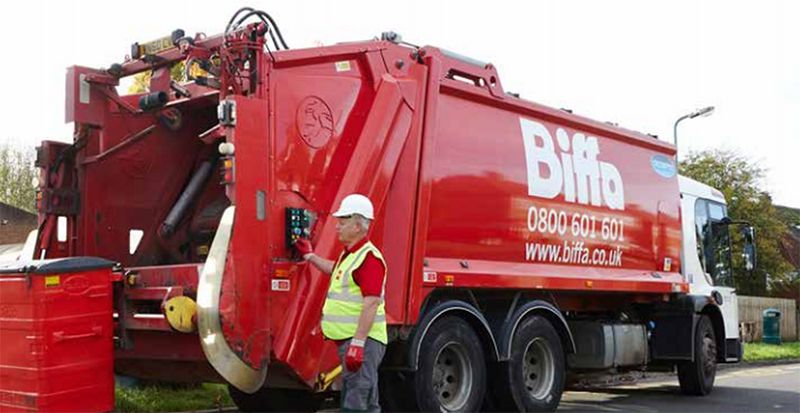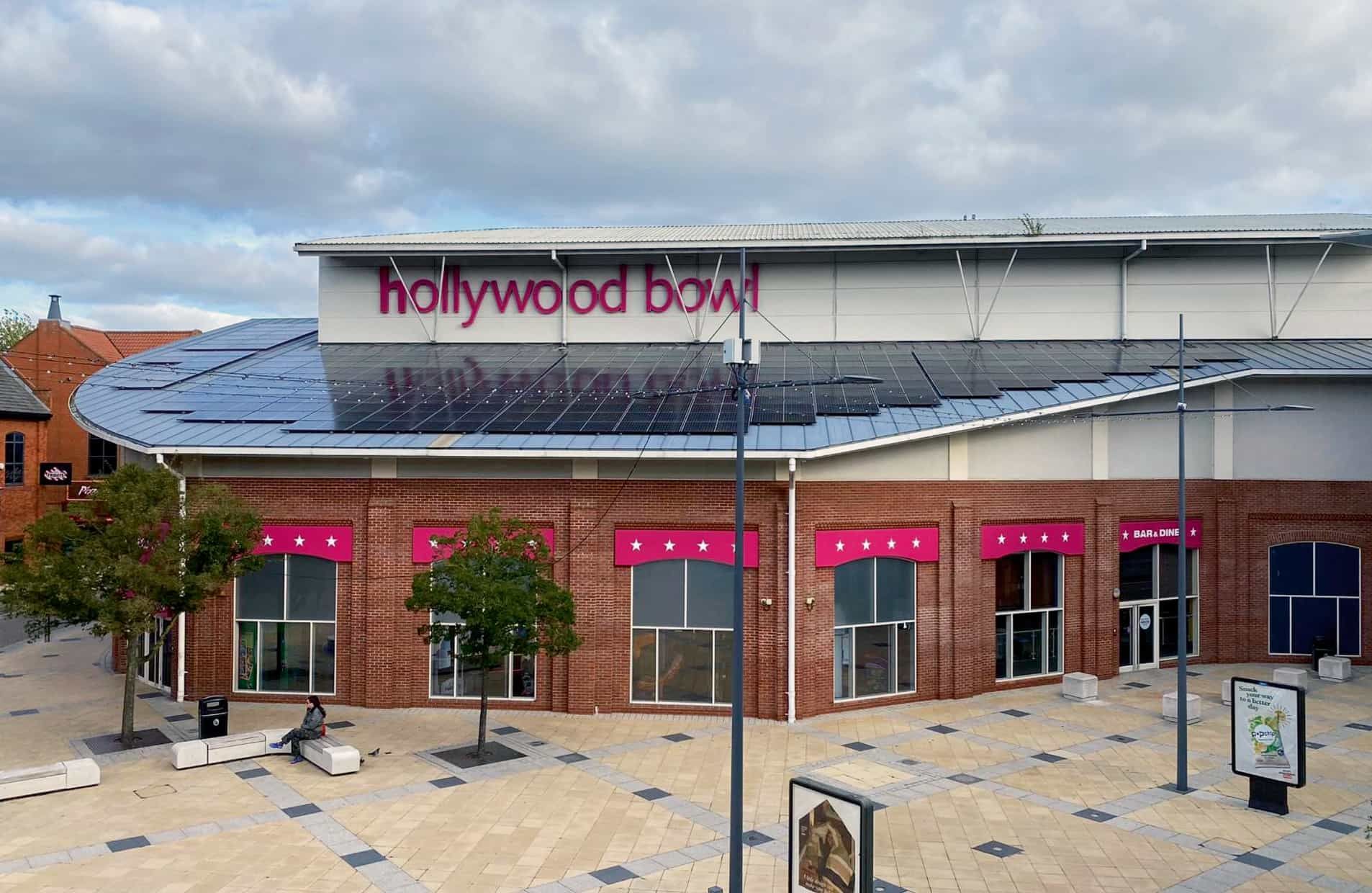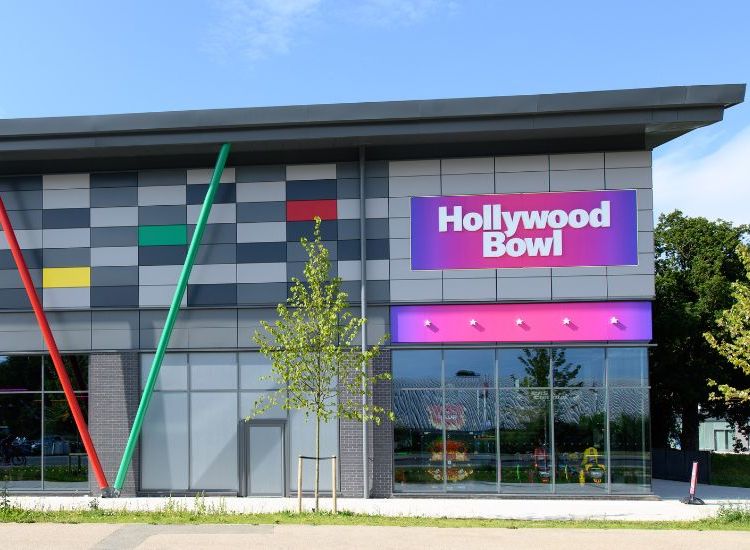We understand that our business operations have an impact on climate and the environment, and we are committed to proactively reducing these impacts.
83.5%
Of waste recycled, with 100 per cent diverted from landfill
100%
Of our UK directly purchased energy from renewable sources
34
UK centres with solar arrays installed
53
UK Intensity ratio Scope 1 and 2 emissions

Energy efficiency
Why it's important
Running our centres in the most energy efficient way helps limit our environmental impact and reduces cost.
Progress in FY2025
- Solar installs in 34 UK centres producing 6,645 kWp in FY2025
- Maintained 100% directly purchased renewable electricity
- Promoted energy saving behavioural change in UK and Canadian centres
- Reduced UK intensity ratio
- Pins on Strings roll out nearly complete

Waste and water
Why it's important
We are committed to reducing waste and improving recycling and waste water quality in our operations.
Progress in FY2025
- Record levels of waste recycling in UK
- Less than 1% of UK food and drink revenues wasted
- Water usage in UK reduced from 3.21 m3 in FY2024 to 3.14 m3 in FY2025
- Grease traps to improve the quality of waste water now in 100% of Canadian estate and 90% of UK centres

New centre builds
Why it's important
Our property teams embed sustainability into every new centre build, collaborating with contractors to deliver greener, more efficient buildings.
Progress in FY2025
- 100% renewable energy used for fit out of new UK centres
- LED lights on timers in public facing centre areas
- Our Liverpool Edge Lane centre reopened in May 2025. Less carbon emissions were generated through repurposing the existing shell versus a new build. Lane furniture and Pins on Strings equipment from our closed Surrey Quays centre were refurbished and recycled
- A EPC rating achieved for all new UK centre builds in FY2025

Transitioning to Net Zero
Why it's important
Our goal is to become a Net Zero business by 205. We aim to reduce our Scope 1 and 2 emissions intensity ratios and gain a greater understanding of our Scope 3 emissions across our operations through partnerships and engagement with suppliers.
Progress in FY2025
- Reduction of UK intensity ratio to 53.0 from 56.8 in FY2024
- Baseline intensity ratio established in Canada
- Top quartile of UK hospitality businesses surveyed by Zero Carbon Forum for amount of completed recommended carbon reduction initiatives
- Continued engagement with key UK suppliers to assess commitments to Net Zero and gather Scope 3 emissions data
- Initial engagement with key Candian suppliers to assess commitments to Net Zero and gather Scope 3 emissions data
- CDP submission scores improved to B score (from Din FY2023)



